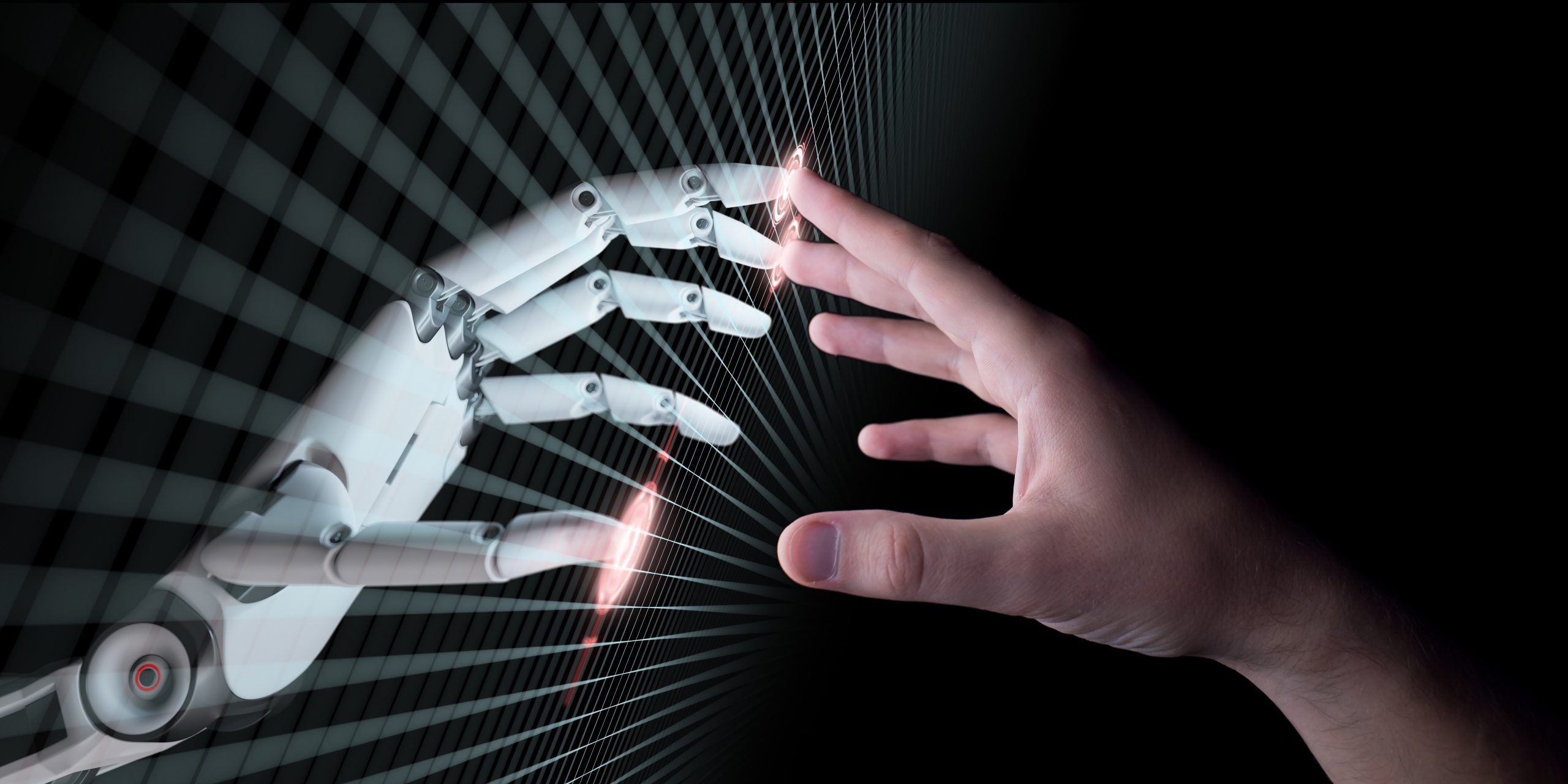AI and machine learning for digital marketing

Augmented Reality Marketing/Development Concept
April 14, 2021
Azure Through Microsoft (PRP)
May 5, 2021
Science fiction come true
Machines that think instead of humans, talking robots capable of shedding tears – a few years ago, this would have been the stuff of a movie script. Today, however, artificial intelligence (AI) and machine learning (ML) have become a reality.
AI is simply a technology, one part of computer science. Researchers in the field attempt to give machines the ability to think intelligently, as humans would. They achieve this by adding large amounts of data to intelligent algorithms and fast processing. The software learns from patterns and specific features in the data. As a result, it develops the ability to reason – just like humans would.
ML, on the other hand, is one subset of artificial intelligence. It allows computers to learn from data without being explicitly programmed. In short, machine learning is one way to implement artificial intelligence. Machine learning uses the patterns and insights discovered from data analysis and applies them to future decisions and predictions. This means computer scientists can avoid specific programming for each new, possible action.
Both AI and ML are considered the leading technologies in scientists' quest to create intelligent systems. Machine learning, in turn, is the fastest-growing part of AI. They have already made their mark on our daily lives.
AI and ML applications for digital marketing
Before I take a closer look at how both will impact digital marketing in the future, let me give you an example of machine learning we all know: a simple Google search.
If you misspell your search query, Google and other search engines will generally correct it and ask whether you meant the alternative. If you confirm that Google’s interpretation was indeed what you meant, the search engine learns to correct this particular typo.
Friend suggestions on Facebook are equally examples of AI, as are suggestions to tag a particular person in a picture you uploaded to social media.
o, how will AI and ML affect digital marketing? The answer is that we are not quite sure yet. We have already seen how ML in Google platforms has understood automated bidding and is able to experiment with audiences based on original data. However, This process is not yet foolproof and does need human intervention on occasion. Machine learning applications and capability are increasing fast, which means the opportunities for digital marketers will also grow.
One significant advantage that is becoming clear is the ability to handle large quantities of data and extract knowledge from those. Marketers can understand their customers better and target them more directly. Content marketers can create truly personalised campaigns that are more likely to engage customers in a meaningful way. Search engine optimisation is expected to become less rigid and more driven by actual content.
One unique benefit lies in the potentially unlimited quantity of data ML can handle. For example, when it comes to customer segmentation, machine learning already recognises patterns more precisely than humans can.
The one thing digital marketers can do now is to ensure that websites, blog posts and social media content are up to scratch. This includes optimising for mobile devices, guaranteeing short loading times and prioritising local search.
One thing is for sure; We are looking forward to a time when ML is a customisable process and able to run effectively alongside an effective marketing team.